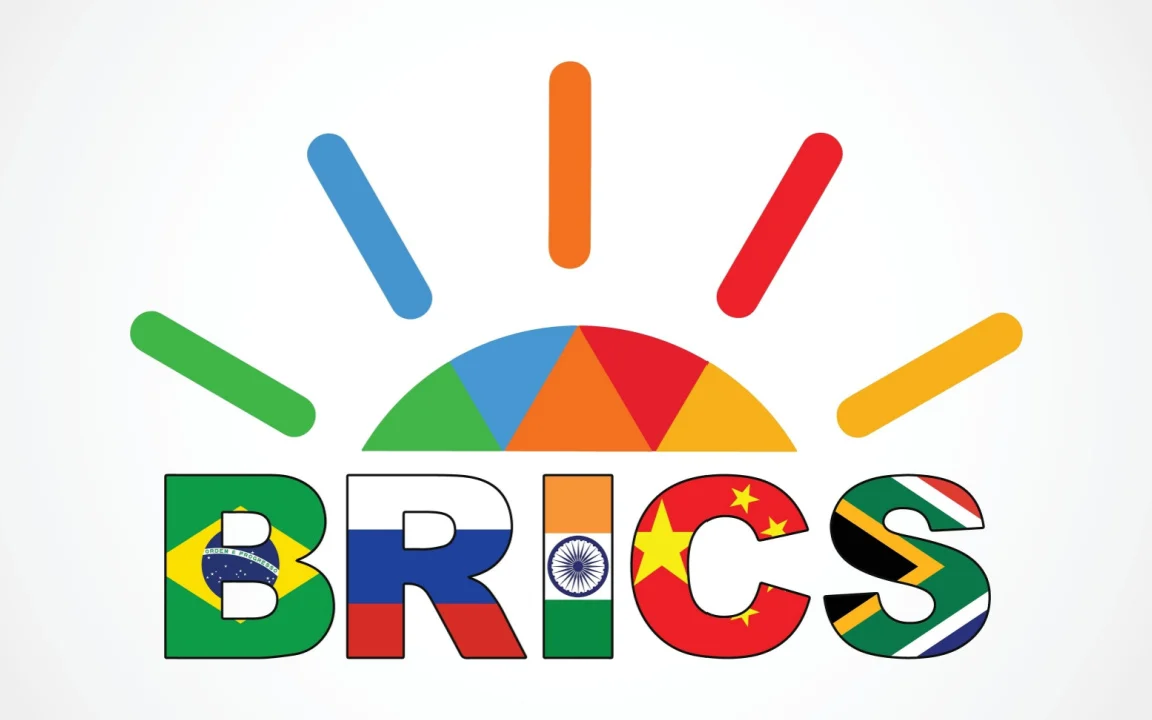|
Getting your Trinity Audio player ready...
|
The BRICS bloc—comprising Brazil, Russia, India, China, and South Africa—has made significant strides in the cryptocurrency space, with Ripple’s XRP token increasingly being seen as a strategic asset for the group. Recent developments point to a growing alignment between Ripple’s cross-border payment solutions and the BRICS’ ambitions to challenge Western economic dominance, particularly the reliance on the US dollar in international trade.
BRICS’ Growing Crypto Embrace
Over the past few years, the BRICS nations have steadily moved towards integrating digital assets into their financial systems. Russia, notably, reversed its ban on cryptocurrency usage, marking a pivotal moment for the group. This shift comes as BRICS explores blockchain-based payment systems, with speculation mounting that such innovations could be unveiled at the upcoming 2024 Summit.
The adoption of blockchain and cryptocurrency could offer BRICS an alternative to the Western-controlled financial infrastructure, opening the door to partnerships with firms like Ripple. Ripple’s XRP token, which has long been at the forefront of cross-border payments, presents a compelling solution for BRICS, especially in its pursuit of a unified digital payment platform.
Ripple’s Regulatory Wins Signal Opportunity
Ripple’s recent regulatory approval in the United Arab Emirates (UAE), a key BRICS ally, has fueled speculation about its potential integration with the bloc. This approval paves the way for Ripple to expand its operations in a region that is increasingly embracing digital finance. The move is seen as a key milestone for Ripple, enhancing its global footprint and solidifying its status as a reliable cross-border payment provider.
Crypto advocate Chad Steingraber has been vocal about the implications of this approval. In a post on X (formerly Twitter), he noted, “With today’s announcement from Ripple, there is no longer a need for debate on XRP being used or not in the BRICS+ nations.” His statement echoes the sentiment that Ripple’s technology could become a cornerstone in BRICS’ digital payment ecosystem, particularly as the group looks for alternatives to the US dollar.
A Win-Win Scenario
A partnership between Ripple and BRICS could be mutually beneficial. For BRICS, adopting Ripple’s technology would provide a robust, blockchain-based system capable of facilitating seamless cross-border payments, reducing dependency on the dollar. At the same time, XRP could see a surge in use cases, bolstering its value and solidifying its place in the global financial landscape.
The upcoming 2024 BRICS Summit is expected to shed light on the development of the group’s blockchain-based payment system, and many are hopeful that Ripple could be a central figure in this transformation. As BRICS seeks to expand its global influence, a Ripple integration could be the key to unlocking new trade opportunities and further challenging Western financial dominance.
Also Read: BRICS Eyes Petroyuan – 41% Of Global Oil Production To Challenge Dollar Dominance
Looking Ahead
As BRICS continues to embrace cryptocurrency, Ripple’s potential role in the bloc’s future grows increasingly likely. With key regulatory approvals secured and discussions already underway, the stage is set for a possible collaboration that could redefine the global financial system. Whether XRP will become the cornerstone of BRICS’ digital payment ambitions remains to be seen, but the momentum is certainly building.
As the 2024 Summit approaches, the world will be watching closely for what could be a game-changing moment in the adoption of blockchain technology by one of the most powerful economic alliances. Ripple’s integration into BRICS may not just be a matter of speculation—it could be a matter of time.
Disclaimer: The information in this article is for general purposes only and does not constitute financial advice. The author’s views are personal and may not reflect the views of Chain Affairs. Before making any investment decisions, you should always conduct your own research. Chain Affairs is not responsible for any financial losses.
I’m your translator between the financial Old World and the new frontier of crypto. After a career demystifying economics and markets, I enjoy elucidating crypto – from investment risks to earth-shaking potential. Let’s explore!




